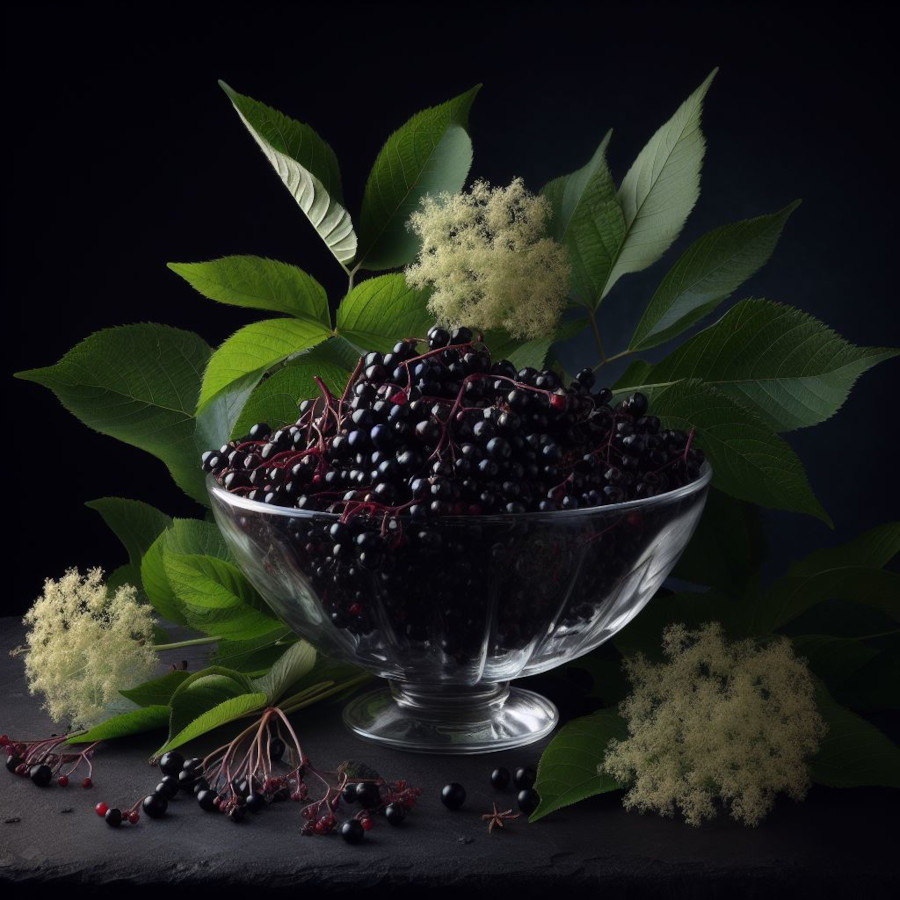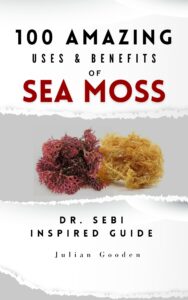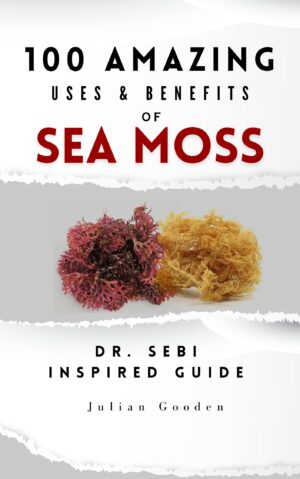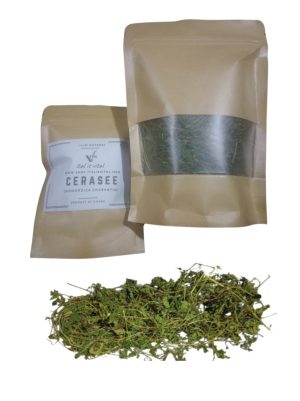Sauco berries are the fruits of the elderberry plant, scientifically known as Sambucus. There are several species of elderberries, but the two most commonly used for their berries are Sambucus nigra (European elderberry) and Sambucus canadensis (American elderberry). The berries are small, dark purple to black in color and grow in clusters. Here’s some more information about sauco berries:
Medicinal Use:
- Traditional Medicine: Elderberries have a history of use in traditional medicine for their immune-boosting properties.
- Antioxidant Properties: The berries are rich in antioxidants, including flavonoids, which may help protect cells from oxidative damage.
- Cold and Flu Remedy: Elderberry syrup is a popular remedy for colds and flu. Some studies suggest that elderberry extract may help reduce the duration and severity of cold and flu symptoms.
Nutritional Content:
Elderberries are a good source of nutrients, dietary fiber and various minerals. They also contain anthocyanins, which contribute to their dark color and antioxidant properties.
Elderberries, also known as sauco berries, contain a variety of minerals, though the specific mineral content can vary based on factors such as the soil in which the plant is grown. Here are some minerals commonly found in elderberries:
- Potassium: Elderberries are a good source of potassium, which is an essential mineral for maintaining proper heart and muscle function, as well as supporting overall fluid balance in the body.
- Phosphorus: Phosphorus is another mineral found in elderberries. It plays a crucial role in bone health, energy metabolism, and the formation of DNA.
- Magnesium: Elderberries contain magnesium, a mineral important for muscle and nerve function, blood sugar control, and bone health.
- Calcium: While not present in large amounts, elderberries also provide some calcium, which is essential for bone health and various physiological processes in the body.
- Iron: Elderberries contain small amounts of iron, an essential mineral for the formation of hemoglobin in red blood cells and oxygen transport in the body.
It’s important to note that the mineral content in elderberries may not be extremely high compared to certain other foods, but they contribute to the overall nutritional profile of the berries. Additionally, elderberries are valued not just for their mineral content but also for their rich concentration of other nutrients, loosely identified as vitamins, antioxidants, and other beneficial compounds.
Elderberry Syrup Recipe
Here’s a simple elderberry syrup recipe formula:
Ingredients:
- 1 cup fresh or 1/2 cup dried elderberries
- 3 cups water
- 1 cup agave (raw and local agave is preferable)
- 3-4 cloves
- 1 tablespoon fresh ginger, grated
Instructions:
- Prepare the Elderberries:
- If using fresh elderberries, remove them from the stems. If using dried elderberries, no preparation is needed.
- Boil the Elderberries:
- In a saucepan, combine the elderberries, water, cloves, and grated ginger.
- Bring the mixture to a boil and then reduce the heat to simmer. Allow it to simmer for about 30-45 minutes, or until the liquid has reduced by almost half.
- Strain the Mixture:
- Once the elderberry mixture has simmered and infused, use a fine mesh strainer or cheesecloth to strain out the liquid. You can use a spoon to press down on the berries to extract more liquid.
- Add Agave:
- Allow the liquid to cool to a warm but not hot temperature. Add the agave and stir well until it’s fully dissolved.
- Bottle the Syrup:
- Pour the elderberry syrup into clean, sterile glass bottles or jars. Make sure to store it in the refrigerator.
- Usage:
- Take 1-2 tablespoons daily for immune support during cold and flu season. If you’re feeling under the weather, you can take this dosage every 2-3 hours until symptoms subside.
Note: Elderberries should be cooked before consuming as they may be toxic when raw. Also, if you have any health concerns or are on medication, it’s always a good idea to check with a healthcare professional before adding new supplements or herbal remedies to your routine.
Culinary Use:
- Jams and Syrups: Elderberries are often used to make jams, and syrups due to their rich flavor.
- Beverages: Sauco berries are used to make elderberry wine, cordials, and herbal teas. Elderberry syrup is also popular as a natural remedy for colds and flu.
- Desserts: They can be incorporated into pies, tarts, and desserts, adding a sweet and tart flavor.
Warnings:
- Cooking: It’s important to note that elderberries should be cooked before consumption, as raw elderberries can cause nausea and digestive discomfort. Cooking deactivates certain compounds that can be mildly toxic when raw.
- Cyanide-Containing Compounds: The seeds of elderberries contain compounds that can release cyanide. While the amounts are generally small and cooking reduces the risk, it’s advisable to avoid consuming large quantities of raw elderberry seeds.













